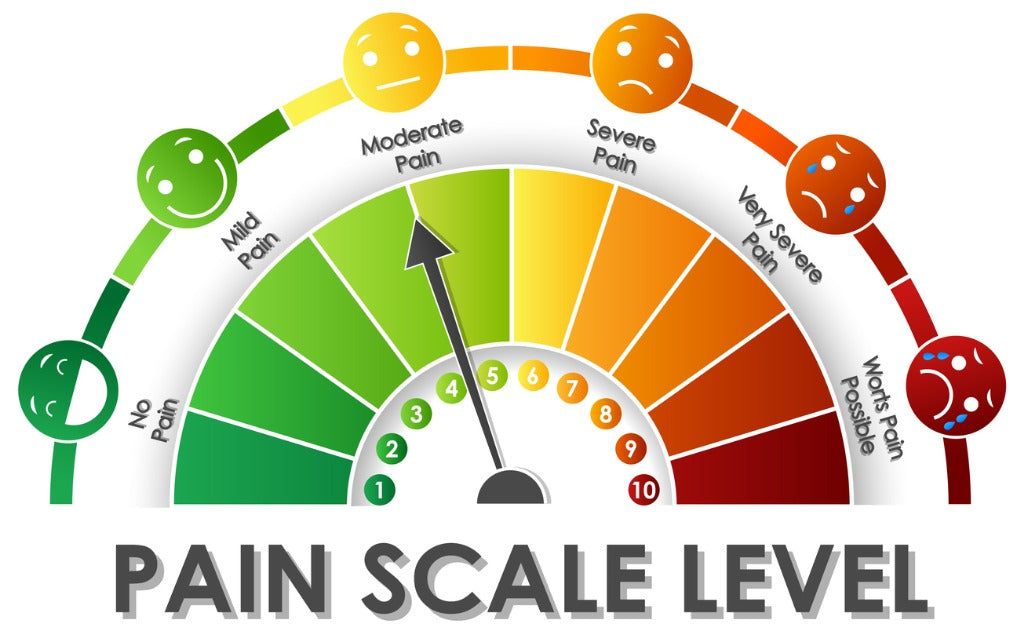Finance For Seniors - The Basics
By Darrell R. Griffin, Sr., MBA, CPA, President of PureAudacity.com
Finance For Seniors - The Basics
Good money management is important for all ages and all stages of life. As we grow up, our financial needs (as well as spending and saving patterns) change.
Financial Readiness
The thought of a fixed income can certainly be daunting. Financial security and preparedness comes in many forms. This guide gives a quick summary of important financial topics for seniors, including how to ensure that seniors receive tax credits, deductions, and rebates. We'll also share a few important ways to prepare for Social Security, build your retirement portfolio, and ensure that your assets are in order. If you are in the planning stage or already receiving Social Security, you are in good company!
Social Security
Approximately 65 million Americans receive Social Security payments each year. Andrew Meadows, senior vice president of human resources, branding and culture at Ubiquity Retirement + Savings, said that understanding "...how social security is linked to your financial health is an effective way to prepare yourself." Does the protection cover all your financial needs related to retirement? "One of the biggest impacts on social security is that you may not be able to pay your bills after retirement." There are many ways to understand how social security meets your overall financial goals and evaluate your benefits.
Create your “My Social Security Account”
The Free My Social Security Account Social Security Administration is an easy, secure, and reliable way to view and manage your benefits. Even if you are not yet eligible for benefits (anyone over 18 can create an account), creating a My Social Security Account gives you access to personalized rates, benefit calculators, and customer support. Plus, early registration prevents scammers from creating an account using your social security number. Don't be surprised at the amount of Social Security you get when you understand how your benefit is calculated, how much money you will receive each month, and what factors affect your benefit.
Social Security Payment Assessment Tool. Free.
The Social Security Administration (SSA) provides a free payment assessment tool. You can also talk to an SSA representative by calling the management toll-free number 800-772-1213. If you are deaf or hard of hearing, you can call the toll-free TTY number 800-325-0778.
Special Considerations for Social Security
Neil Stern, CPA, who is also a member of the CPA's National Commission for Financial Literacy at the CPA Institute of America, raised an often overlooked aspect of social security. "There are some special considerations for married, widowed or widowed couples and ex-spouses that can have a significant impact on Social Security benefits." There are several Social Security benefits, and it is important to understand which ones you and your family are entitled to.
Auto Deposit for Social Security
If you are already using social insurance, why not skip your trip to the bank? Now is a great time for your Social Security checks to be deposited into your bank account via direct deposit.
Instead of waiting anxiously to receive a check in the mail, wire transfers are faster and more convenient. Direct deposit is also more secure as there is no risk of losing or stealing the check. It's easy to set up to transfer funds directly to your bank account.
Planning Ahead
Fidelity Investments Senior Vice President of Retirement Income, Keri Dogan, recently shared Fidelity’s best practices with clients during the retirement planning stage. Dorgen advises people to "make plans and consider what their retirement income will be."
What Do You Need to Retire?
Tip: Are you wondering how much money you need to retire? If you have old debts that you are worried about paying off when you retire, know you have options. According to the latest survey on consumer finance by the Federal Reserve Board, the average net worth for Americans between the ages of 55 and 64 is $ 212,500.
Your equity is calculated by subtracting any liabilities, such as debt, from your assets. Your retirement accounts are part of your assets. They also play a leading role in ensuring a comfortable retirement.
To make the most of these accounts and their retirement savings, Dogan advises seniors to take advantage of their employers' corporate matches first. Seniors must then maximize any tax-free bills, including 401 (k) s, IRA, or HSA.
Heath Care
The National Institute on Aging (NIA) reports that many seniors and caregivers worry about health care costs. The details of health care, what is covered, and who pays can be confusing. Dorgan said: "People don't understand that you really need to pay for many aspects of medical insurance, not to mention additional cash expenses."
Avoid spending outside your budget with proper financial planning. Dogan noted, "We are seeing that on average couples require $ 295,000 in post-retirement health care costs, and many people underestimate this." When budgeting for your medical bills, there are several types of insurance that can alleviate some of the financial burden.
As we age, our health and medical needs often expand. Many seniors face costly out-of-pocket expenses that can jeopardize even the best financial plan. This is why it is important to understand what tax breaks and deductions are available to you as a manager to help alleviate some of your tax burden. According to the Internal Revenue Service (IRS), if you report medical deductions for the fiscal year, you may be able to deduct the medical and dental costs you paid for yourself, your spouse, and people under stress.
Things Can Be Tight For Seniors
If you are a low-income retiree struggling to pay taxes, there may be ways to eliminate or significantly reduce taxes. Constant income can be stressful. Don't delay at the end of each month; budget, prioritize spending, and find a lean lifestyle. Senior discounts are a great way to make the most of your savings.
Milestones of 50’s, 60’s, and 70’s
Traveling into old age includes important financial milestones associated with age. It's vital to know when you can start collecting your retirement premiums, sign up for Medicare, and get Social Security. Understanding what action to take in your 50s, 60s, and 70s can help keep your finances stable.
Nursing Homes Can Be Expensive
Nursing home costs should be a key factor in your overall financial plan. Whether you're spending $ 30,000 on home modifications to age, or $ 300,000 on housing in a retirement community, it's important to look at the various options and the associated costs.
Reverse Mortgages
Whether you decide to age on the spot or move into a new home, reverse mortgages are available for seniors. What is a reverse mortgage?
As a homeowner, your home equity is a valuable part of your retirement savings. Adults aged 62 and over can apply for a loan based on the value of their own home.
Unlike traditional mortgages, mortgage repayments are deferred. For example, mortgage repayments are made after the sale of a home or in the event of the death of the owner.
However, Steve Irwin, president of the National Association of Reverse Mortgage Lenders, warned that "reverse mortgages are not for everyone." Reverse mortgages are tricky and the decision to apply for this type of mortgage should not be taken lightly.
This article is written as general information. It is not to be relied on for financial planning. Your individual circumstances will be different. Consult with your financial advisors.





